BJP to Hold '1st Ever' Pasmanda Muslims Meet in UP Today. Who Are Pasmandas, What Are Their Demands?
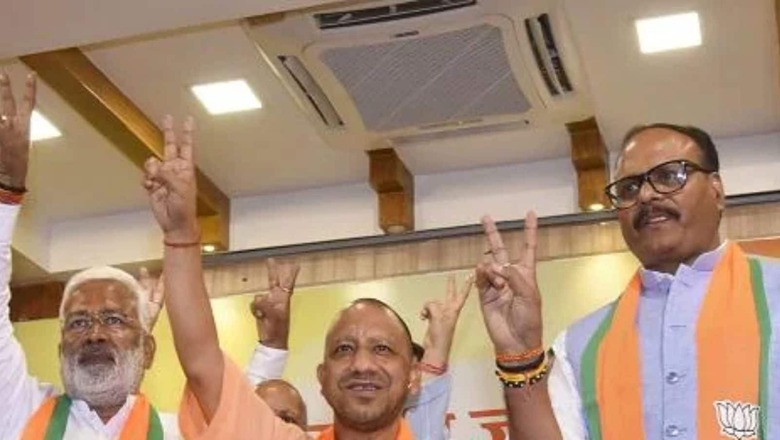
views
The Bharatiya Janata Party (BJP) is organising a meeting with key members of the Pasmanda Muslim community in Uttar Pradesh’s Lucknow on Sunday. The party claims that it is the first such meeting held by a political party with the Pasmandas.
The meeting comes after Prime Minister Narendra Modi, in July this year, asked party leaders to start exploring new social equations by reaching out to marginalised sections among other religious groups, including the Pasmanda Muslims.
Uttar Pradesh Deputy Chief Minister Brajesh Pathak will be the chief guest at the meeting, called the ‘Pasmanda Buddhijeevi Sammelan’, which will also be attended by a Minister of State in the UP government, Danish Azad Ansari. He is the only Muslim minister in the BJP state government, and a Pasmanda.
Among those to be honoured at the meeting will be the newly nominated Rajya Sabha MP from Jammu and Kashmir, Ghulam Ali Khatana, a BJP leader from the Gujjar Muslim community.
The Gujjar community is an under-represented group settled in some of the most inhospitable areas of J&K, and it also has a significant population in western UP and in Amethi and Rae Bareli Lok Sabha constituencies in central UP.
“The BJP will address the intellectuals on how over 4.5 crore people from the community have benefited under various government schemes rolled out by the Modi-led Union government and the Yogi Adityanath government in the state. This event will be a major platform for dialogue with the community,” Kunwar Basit Ali, the state president of the UP BJP minority wing, was quoted by the Indian Express as saying.
Ali also said Sunday’s meeting will be the first of several.
Who are Pasmanda Muslims?
Muslims in India are broadly categorised into three social groups – Ashraf, the “noble” or “honourable” ones; Aljaf, backward Muslims; and Arzal, Dalit Muslims. While Ashraf are considered the traditionally dominant group comprising the Syed, Mughal, Pathan clans, Ajalf and Arzal are collectively known as Pasmanda – a Persian word for “ones left behind.”
Pasmanda is a term for Other Backward Class (OBC) Muslims comprising economically and socially backward members of the society. According Pasmanda leaders and rights actvists, there is around 85 per cent backward or Pasmanda Muslim population across the country.
The community has often raised concerns over the lack of representation in political leadership positions despite being the numerical majority. They claim that out of the roughly 400 Muslims elected into the first 14 Lok Sabhas, only 60 were Pasmanda Muslims.
The ‘Pasmanda Muslim Mahaz’ founded in Bihar in 1998 by OBC leader Ali Anwar brought together backward class Muslims for the emancipation of members belonging to the Arzal and Ajlaf class. Anwar founded the organisation after finding “caste oppression” by Ashraf on lower class Muslims.
The Mahaz became a converging space for Dalit and backward class Muslims organisations from Bihar, Uttar Pradesh, Jharkhand, West Bengal, and Delhi.
What are Pasmanda Muslims’ demands?
“Pasmandas include Dalits as of now, but all Pasmandas are not Dalits. Constitutionally speaking, we are all in one category — the OBCs. But going forward, we want Dalit Muslims to be recognised separately,” Anwar said.
The Constitution (Scheduled Caste) Order, 1950, had restricted SC status to Hindus, keeping Dalits from other religions out of its ambit. The order was later amended (in 1956 and 1990) to include Sikhs and Buddhists.
Pasmandas are also opposed to the demand for giving religion-based reservation to the entire Muslim population, arguing that it ignores unequal access to state resources within the community.
Pasmanda Muslims have been demanding reservation of Dalit Muslims as per section 341 of the constitution, implementation of the Karphuri Thakur formula like Bihar to avoid fear of religious conversion, and employment opportunities under the MSME section.
Although the BJP has been trying to engage with Pasamands since 2014 to expand its voter base, this time (ahead of the 2024 polls) the RSS shows a cultural shift by engaging with Pasmands and not just the Ashrafs.
The Muslim Rashtriya Manch (MRM), an affiliate of the RSS, says Pasmanda Muslims are progressing within the BJP and its sister outfits in a “natural” way.
“It works for the BJP, and it works for the middle-rung political workers… There are political workers in all communities. And these workers are interested in their political ambition, and whichever party is in a position to fulfill that, they will go there irrespective of their ideological beliefs,” Professor Khalid Ansari, Azim Premji University, told Indian Express.
Read all the Latest Politics News and Breaking News here















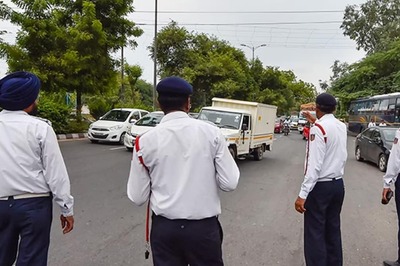
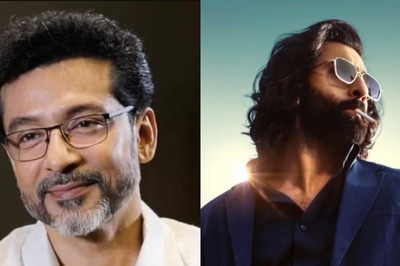
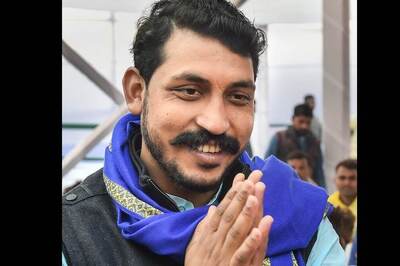
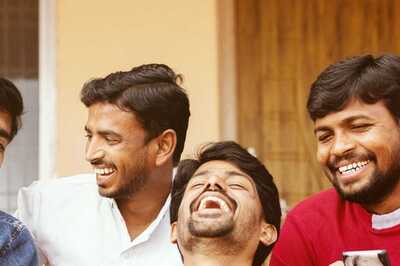
Comments
0 comment